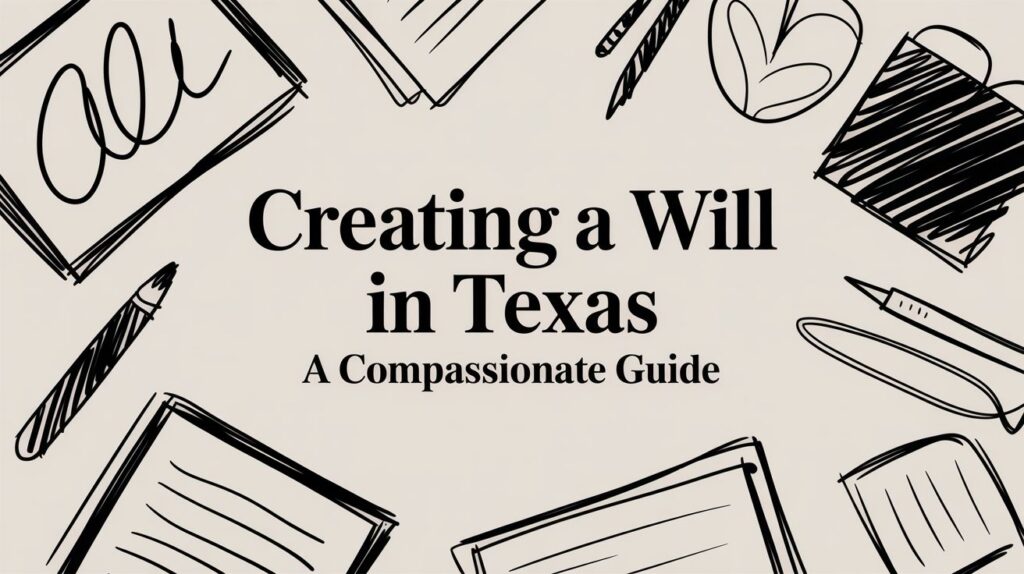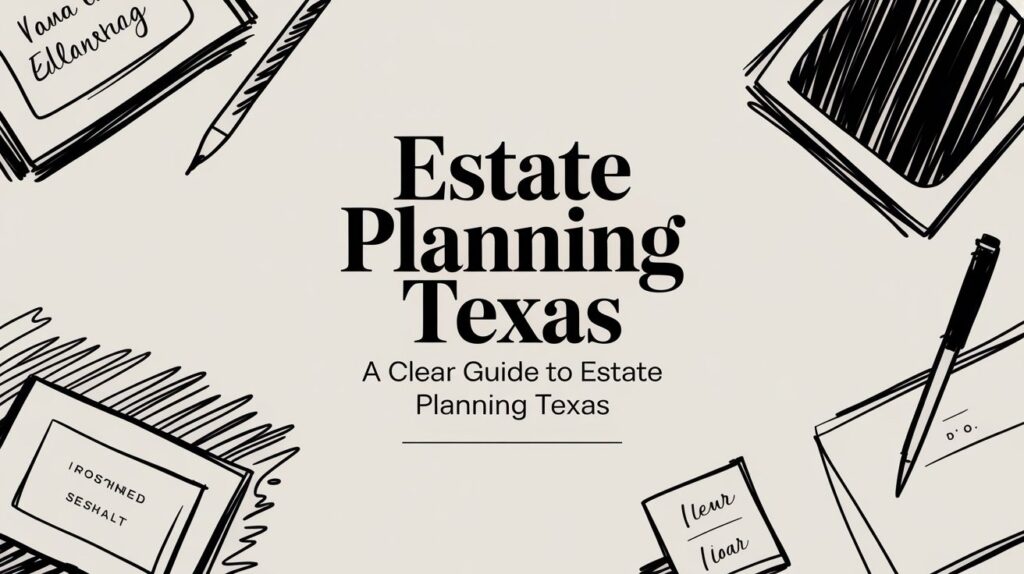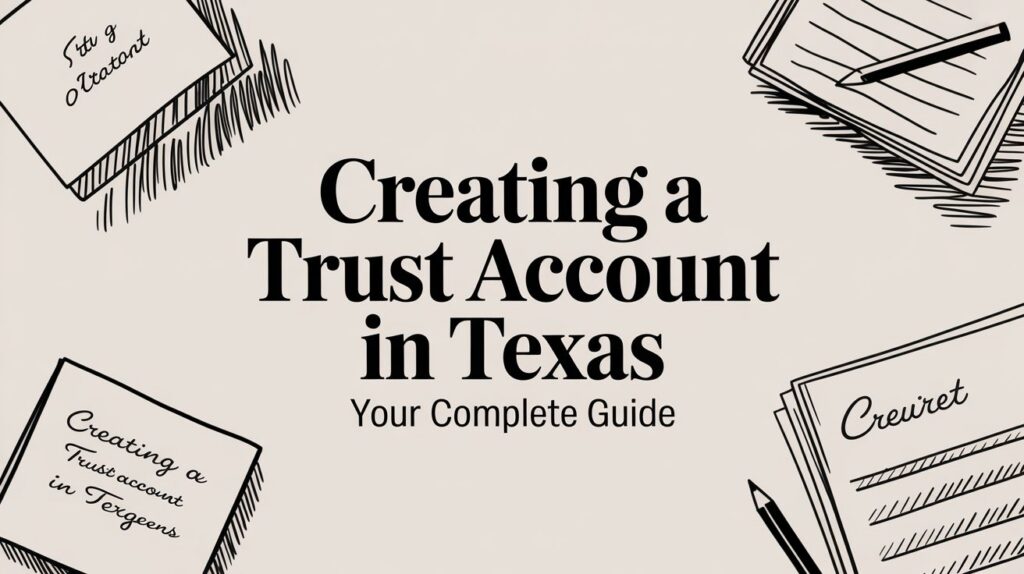Nobody likes thinking about death, but if there’s one thing life guarantees, it’s that none of us make it out alive. Planning for what happens after you’re gone is one of the most important steps you can take—not just for your peace of mind, but for your family’s financial future. This is where effective estate planning strategies that minimize probate risks come in.
You’ve likely heard horror stories of estates stuck inprobate court for months—or even years. Families torn apart over inheritance disputes. Or life savings wasted on legal fees and taxes. The good news? Most of that can be avoided with smart planning. In this article, we’ll break down practical, effective estate planning strategies that help reduce probate exposure, protect your assets, and keep your loved ones out of court.
Let’s dive into what you need to know—because avoiding probate is less about secrets and more about strategy.

What Is Probate, and Why Should You Minimize It?
A Quick Primer on the Probate Process
Before we get into the strategies, it’s important to understand what probate actually is. Probate is the legal process through which a deceased person’s estate is administered and assets are distributed. If there’s a will, the probate court validates it. If there isn’t, the court appoints someone to oversee the process according to state laws.
Here’s why probate is often dreaded:
- It’s time-consuming – Probate can take 6 to 18 months on average
- It’s public – Everything becomes part of the public record
- It’s costly – Legal fees, court costs, and executor fees add up fast
- It can spark conflict – Heirs may contest the will or fight over assets
That’s why so many people are looking for effective estate planning strategies that minimize probate risks. Avoiding probate doesn’t mean avoiding legal responsibility—it means creating a streamlined, private, and cost-effective way to transfer your legacy.
Real-Life Story: The Probate Nightmare That Could’ve Been Avoided
Let’s look at John and Karen, a retired couple living in Austin, Texas. John passed away unexpectedly without a trust in place. Although he had a will, his estate still had to go through probate. What should’ve taken weeks took 14 months.
Why? The will was contested by a distant relative, and the probate court required multiple hearings, a forensic accounting of John’s retirement account, and thousands in attorney fees. Karen not only lost time and money—she lost peace of mind.
This could have been prevented with a few key estate planning tools. John’s case highlights why effective estate planning strategies that minimize probate risks aren’t just for the wealthy—they’re for anyone who wants to protect their family from unnecessary hardship.
Strategy #1: Establish a Revocable Living Trust
The Gold Standard of Probate Avoidance
One of the most powerful and widely used effective estate planning strategies that minimize probate risks is creating a revocable living trust. Unlike a will, a trust avoids probate entirely.
Here’s how it works:
- You create the trust and transfer your assets into it
- You serve as the trustee while alive and competent
- Upon your death, your successor trustee distributes assets without court involvement
Benefits of a living trust:
- Keeps your affairs private
- Allows faster distribution of assets
- Minimizes legal fees and delays
- Offers flexibility during your lifetime (you can amend or revoke it)
Example: Susan, a Houston resident, placed her house, investment accounts, and vehicles into a revocable living trust. When she passed away, everything transferred to her children within 60 days—no probate, no court filings, and no disputes.
Strategy #2: Use Payable-on-Death (POD) and Transfer-on-Death (TOD) Designations
A Simple Way to Keep Assets Out of Court
Another overlooked yet effective tool is using POD and TOD designationsfor your financial accounts. These allow assets to bypass probate and transfer directly to your named beneficiary upon death.
Apply this to:
- Bank accounts (checking, savings)
- Brokerage and investment accounts
- Retirement accounts (IRAs, 401(k)s)
- Certificates of deposit

To set this up, contact your bank or financial institution and request a beneficiary form. It’s fast, free, and effective.
Example: Mark had a modest savings account with $25,000. By adding a POD beneficiary, his daughter received the money within days of his death—no court, no fees, no delay.
When considering effective estate planning strategies that minimize probate risks, POD and TOD designations are among the easiest to implement.
Strategy #3: Hold Property Jointly with Right of Survivorship
Shared Ownership That Comes with Legal Benefits
In Texas, you can hold real estate and financial accounts jointly with right of survivorship. This means when one owner dies, the other automatically assumes full ownership—no probate necessary.
There are two primary forms of joint ownership:
- Joint Tenancy with Right of Survivorship (JTWROS)
- Community Property with Right of Survivorship (for married couples in Texas)
This strategy works well for married couples or trusted family members.
Example: Michael and Rachel owned their home as community property with right of survivorship. When Rachel passed, Michael became the sole owner immediately. The title transferred without court approval.
Just make sure you’re careful who you add as a joint owner. Once added, they gain legal access and control, which can lead to unintended consequences if not handled properly.
Strategy #4: Create a Lady Bird Deed (Enhanced Life Estate Deed)
An Estate Planning Gem Unique to Texas
A Lady Bird Deed, also known as an Enhanced Life Estate Deed, is a Texas-specific tool that lets you transfer real estate outside of probate while retaining full control during your lifetime.
Key features:
- You maintain the right to sell, lease, or mortgage the property
- The property automatically transfers to your named beneficiary upon your death
- It avoids Medicaid estate recovery and probate
Example: Evelyn owned a family ranch near Waco. By using a Lady Bird Deed, she passed the property to her grandson without it becoming part of the probate estate. Meanwhile, she maintained full rights during her lifetime.
If you’re searching for effective estate planning strategies that minimize probate risks specific to Texas, the Lady Bird Deed is a standout option.
Strategy #5: Make Strategic Use of Gifting
Reduce Estate Size, Reduce Risk
Gifting is more than a gesture of generosity—it can also be a strategic move. By gifting assets during your lifetime, you reduce the value of your estate, which means there’s less to go through probate later.
The IRS allows you to gift up to $17,000 per person per year (as of 2024) without triggering gift tax. Larger gifts may require reporting, but they still remove the asset from your probate estate.
Example: Linda gifted $17,000 annually to each of her four grandchildren for five years. That’s $340,000 removed from her estate—completely outside the reach of probate.
Of all the effective estate planning strategies that minimize probate risks, gifting is one of the most proactive and flexible.
Strategy #6: Keep an Updated, Legally Sound Will
Don’t Skip the Basics
While wills do go through probate, having a valid will can still reduce conflict and delay—especially compared to dying intestate (without a will). A properly drafted will should:
- Clearly name beneficiaries and alternate choices
- Appoint a responsible executor
- Address guardianship for minor children
- Include a residuary clause to cover overlooked assets

Example: Kevin updated his will every five years. When he passed, although probate was required, the process was fast and smooth because his wishes were clearly spelled out.
Failing to update your will after major life events—like marriage, divorce, births, or deaths—can lead to confusion and lawsuits. While it won’t avoid probate entirely, it supports other strategies and reduces risks.
Strategy #7: Appoint Power of Attorney and Medical Directives
Preventing Court Intervention During Incapacity
While these documents don’t transfer assets, they help avoid probate-related issues if you become incapacitated before death.
- Durable Power of Attorney – Appoints someone to handle financial matters
- Medical Power of Attorney – Names someone to make health care decisions
- Directive to Physicians (Living Will) – States your end-of-life wishes
Without these in place, your family may have to seek guardianship through the courts—another time-consuming and expensive legal process.
Using these tools ensures that you’re protected both before and after death, aligning with the broader goal of effective estate planning strategies that minimize probate risks.
Real-Life Story: Saving an Inheritance with the Right Plan
Consider the case of Thomas, a small business owner from Dallas who passed away with both a living trust and POD accounts. His daughter, Lauren, received her inheritance within weeks.
His brother, Paul, on the other hand, had a will and nothing else. Probate lasted 13 months, and the legal bills consumed 12% of the estate. Lauren used her inheritance to buy a home. Paul’s children are still waiting on theirs.
This comparison shows exactly how effective estate planning strategies that minimize probate risks can preserve both time and money—and avoid unnecessary stress for grieving families.
Mistakes That Can Undermine Your Estate Plan
Even the Best Strategies Need Attention
To make your estate plan truly effective, avoid these common pitfalls:
- Failing to fund your trust – A trust without assets is useless
- Not updating beneficiary forms – They override your will
- DIY estate planning without legal help – Mistakes can invalidate documents
- Neglecting to review your plan regularly – Life changes, so should your plan

Even small errors can throw your entire plan into probate court. When implementing effective estate planning strategies that minimize probate risks, attention to detail is non-negotiable.
Final Thoughts on Effective Estate Planning Strategies That Minimize Probate Risks
Probate isn’t always a nightmare—but it often is. The good news is that you can spare your family the headaches, court dates, and expenses that come with it. By using a combination of effective estate planning strategies that minimize probate risks, you’re not just protecting your assets—you’re giving your loved ones the gift of peace and clarity during one of the hardest times of their lives.
From living trusts and Lady Bird Deeds to POD accounts and updated wills, the right plan depends on your goals, your estate size, and your family situation. What matters most is that you start now—because the best time to plan your estate is before you need it.








